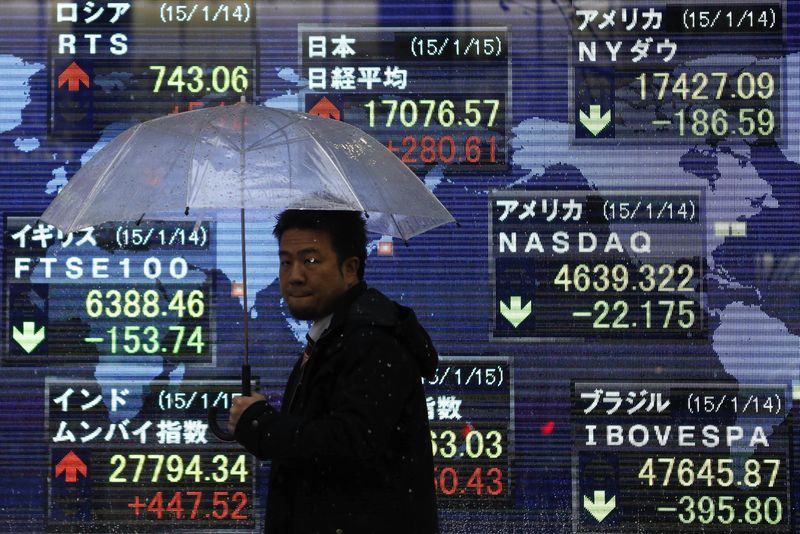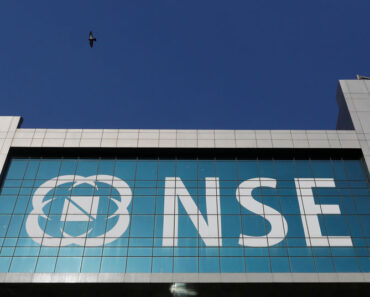This post was originally published on this site

Investing.com – Asian stocks were mixed on Friday morning, with Chinese data released earlier in the day pointing to industrial production’s continuous, albeit slower recovery from the COVID-19 impact, but a bigger-than-expected drop in retail sales.
The National Bureau of Statistics said that industrial production rose 4.8% year-on-year in July, lower than the 5.1% increase in forecasts prepared by Investing.com. But the data also showed that retail sales tumbled 1.1% during the same month, a bigger drop than the forecasted 0.1%. July’s unemployment rate remained unchanged at 5.7%.
China’s Shanghai Composite was down 0.09% by 10:38PM ET (3:38 AM GMT) while the Shenzhen Component was up 0.63%.
Meanwhile, U.S. and Chinese officials are scheduled to meet on Saturday to discuss trade issues. It is widely expected that they will air other grievances, including U.S. President Trump’s ban on the TikTok and WeChat apps due to take effect from September.
Hong Kong’s Hang Seng Index inched down 0.04%.
Japan’s Nikkei 225 crept up 0.08%, while South Korea’s KOSPI slid 1.31%.
Down Under, the ASX 200 rose 0.50%.
Elsewhere, investors are keeping an eye on the U.S. Congress’ negotiations over the latest stimulus measures, with negotiations between Republicans and Democrats dragging on for a sixth day.
“Investors assumed that a deal would get done in early August. Now that this is not happening, it raises some risks for the economy,” Matt Maley, chief market strategist at Miller Tabak & Co, told Bloomberg.
“Therefore, investors are going back to focusing on what will work even if the economy sputters once again.”
Other investors were cautious about the sturdiness of the U.S. economic recovery, even after the Labor Department said on Thursday that 963,000 Americans claimed unemployment benefits, the first time that the number fell below the one million mark since the start of the COVID-19 pandemic.
“Many say that the best treatment for altitude sickness is to stop and rest where you are,” Rodrigo Catril, National Australia Bank (OTC:NABZY) senior FX Strategist, said in a note, in reference to the slight pullback in U.S. stocks and government bonds.



